Investing in futures
Meet the people whose lives have been transformed thanks to the investments of CDC Group – the UK's development finance institution – through new jobs, businesses and opportunities.
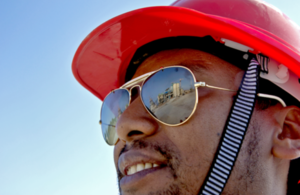
CDC invests in businesses across Africa and Asia. Picture: Simon Davis/DFID
Uganda: Yvonne
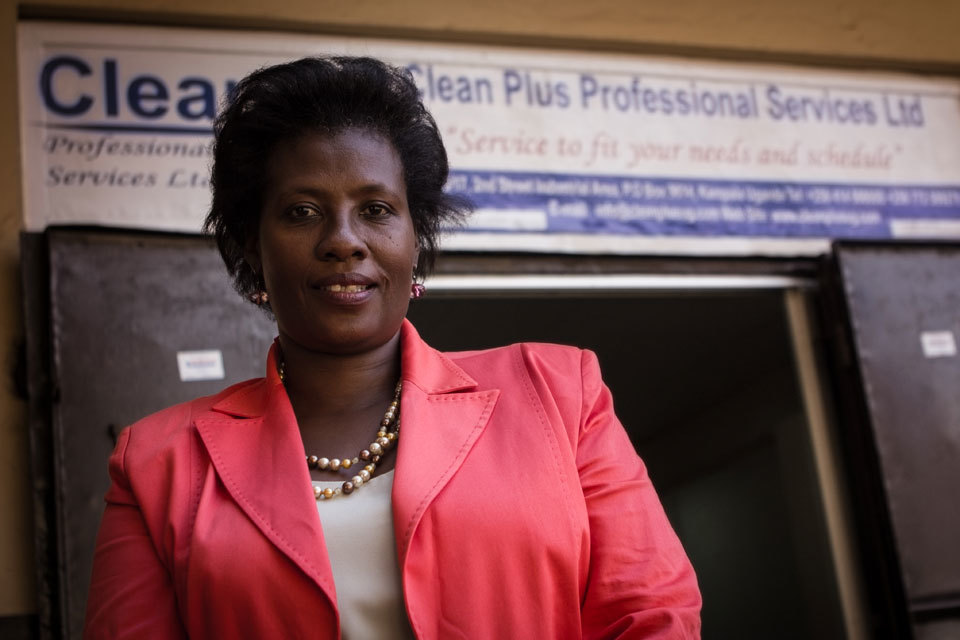
Picture: CDC Group
In Uganda, women own nearly 40% of the country’s small and medium- sized businesses (SMEs) but only 9% of commercial credit goes to them.
DFCU Bank, a commercial bank in Uganda backed by CDC investment, recognised the important role women have to play in the country’s development and set up a ‘Women in Business’ programme.
The £11,500 loan DFCU gave to Yvonne meant she could buy a vehicle, scrubbing machine and vacuum cleaner for her cleaning business, Clean Plus Professional Services.
In addition to the loan, Yvonne has also benefitted from the bank’s ‘Women in Business’ programme, which has allowed her to attend training courses and workshops, and to build her professional network.
In just 10 years she has rapidly expanded her business and has seen it grow from employing one person to providing jobs for 175.
“After getting one contract, which needed equipment, there was a need for another facility. I didn’t have enough money; DFCU leased me a vehicle, a scrubbing machine and a vacuum cleaner,” says Yvonne.
I’m so proud, from where we started, at home with one employee, and now it’s such a big company.”
Malawi: Adrian
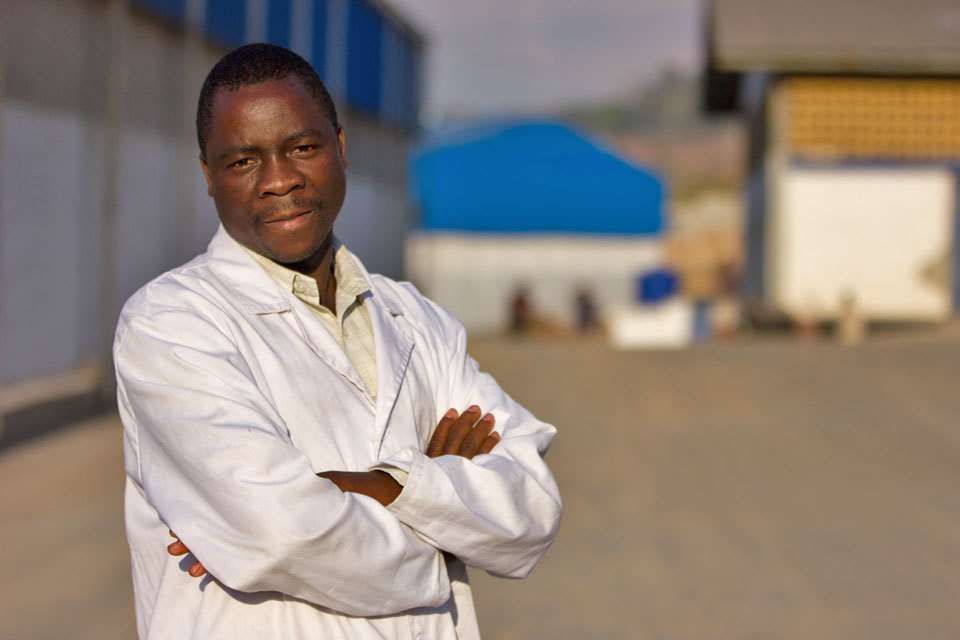
Picture: CDC Group
Adrian Singano works for Export Trading Group (ETG), a company CDC invested in in 2012 and sold its stake in earlier this year.
ETG connects African smallholder farmers to consumers around the world by procuring, processing and distributing agricultural commodities including maize, rice, cashew nuts, coffee and tea.
The company provided Adrian with a full training plan so he can lead the operation of one of its plants in Malawi. He now runs the plant, which employs around 120 Malawians.
“They sent me to school, where I learnt how to process dhal and how to use the machines,” says Adrian. “And I was given the chance to run the plant myself. I now say I can run the plant myself, with my fellow Malawians.”
Bangladesh: Jinuk
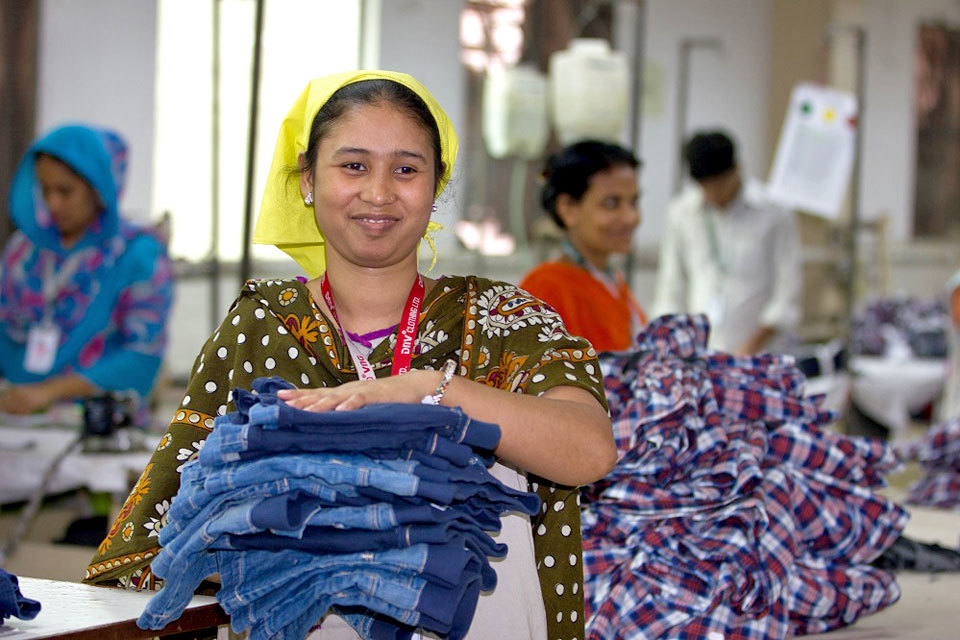
Picture: CDC Group
In Bangladesh, almost 3.6 million people are employed in its garment sector - 80% of whom are women.
It is a thriving industry providing employment across the country as businesses grow. Ananta Apparels is one of them – helped by $1 million of CDC investment in 2011.
Ananta has flourished but often businesses in developing countries struggle to find the investment they need to grow, particularly in countries like Bangladesh which have faced political instability.
But the progress at Ananta has been impressive: in 2013, the company employed 17,000 people. By 2015, it was estimated to be employing 31,000 people – nearly doubling the employment opportunities it provides.
A job here not only gives women skills but it is also empowering. It gives women, like 23 year old Jinuk, a chance to earn their own money, to be able to educate their children and to feel independent.
“I would like to work at Ananta for the next few years and become a supervisor,” says Jinuk. “Bangladeshi girls are always at home but when they earn money, they feel more independent and enjoy their lives. I feel independent and I enjoy my life.”
India: Kala
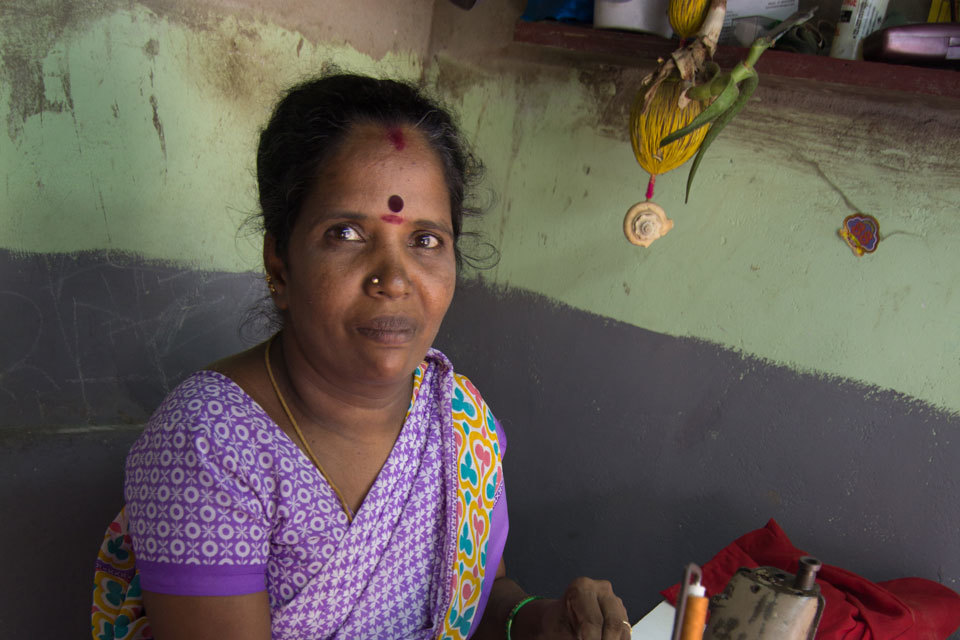
Picture: CDC Group
Kala lives in one of the poorer neighbourhoods in Chennai, India. Here, unemployment among women is high.
She’s one of the millions of people in the country who doesn’t have a bank account – in fact, 21% of the world’s ‘unbanked’ live in India.
When Kala wanted to buy a sewing machine and start a small tailoring business with her husband, she found it very difficult to borrow money. That’s why she turned to Equitas, a microfinance institution backed by CDC, which was able to provide the financial support she needed.
Kala’s business is now beginning to thrive and she’s close to repaying her first 10,500 rupee loan (around £130).
“I had an idea to do business, but I did not have the money,” says Kala. “Then I heard that we could get a loan. We can use the money we now earn from our business for our children’s studies, for taking care of us if we fall ill, and to buy things for our home.”
Find out more
- CDC Group: Building businesses in Africa & Asia